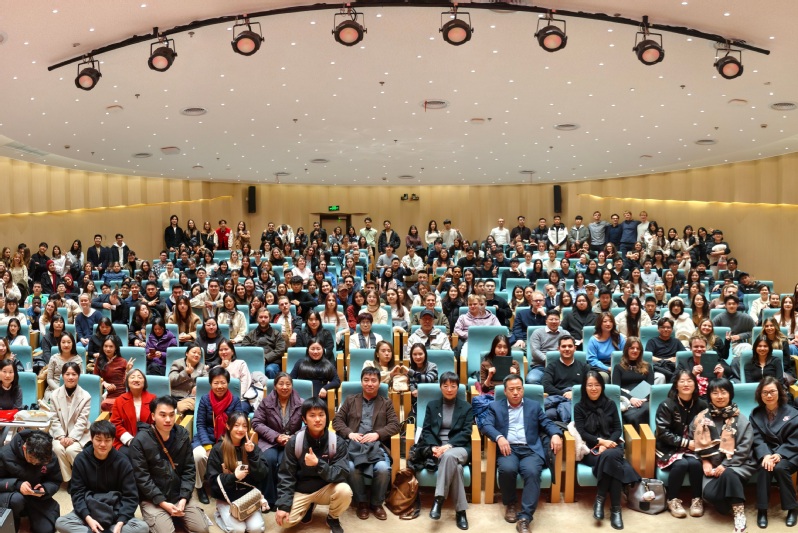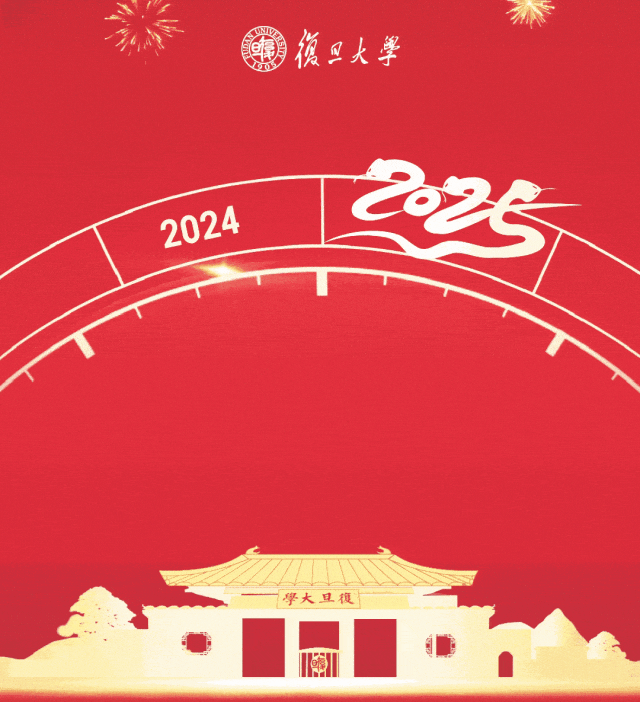
On September 19, Xiaomi Science Park, located on An’ning’zhuang Road in Haidian District of Beijing was officially open. Xiaomi’s office has transformed from a 300-square-meter room in Zhong’guan’cun Technology Park (China’s first high-tech development zone of its kind) to 8 buildings covering 340,000 square meters that cost the company 5.2 billion yuan, the relocation and expansion is strong proof of Xiaomi’s progress during the past nine years. Xiaomi has made its way to Fortune Global 500 for the first time this July, ranking the 468th place in the chart. It’s the youngest Fortune Global 500 company in the history.
Mobile Internet is redefining our life and reforming the way economy works. People are asking questions like how to open up new business following this new trend and in what way can domestic private companies catch up with the pace of world. Xiaomi is Lei’s answer to these questions. This year, Lei was granted the Fudan Enterprise Management Outstanding Contribution Award 2019 for his pioneering “Internet thinking” and innovative products, which have a profound impact on the Chinese manufacturing industry.
An entrepreneur that likes to try things out
On the sixth anniversary of the founding of Xiaomi, Lei posted on Weibo: “Six years ago, after a bowl of millet porridge my friends and I rented a room and founded a little company in Yin’gu Building in the Baofusi Bridge area. That was the beginning of Xiaomi.”
Lei was 40 back then and Xiaomi was not his first entrepreneurial attempt. In 1987, Lei was a freshman studying computer science in Wuhan University. Thrilled by the book The Fire of Silicon Valley, Lei strolled around the campus sports field over and over again and made up his mind to found an enterprise that would made a difference around the world.
After graduation at 23, Lei joined Kingsoft and became its sixth employee. At the time, programming was all that Lei wanted to do. He slept for only four to five hours a day, and was regarded as the “Exemplary Worker of Zhong’guan’cun”.
Lei was appointed as the CEO of Kingsoft in 1998. The company went public in Hong Kong Stock Exchange on October 16, 2007. Everyone was immersed in joy, but Lei somehow felt that he had a bigger difference to make.
Two months later, Lei retired for his “concern over health”. During his short retirement, he invested in a lot of mobile internet companies as an angel investor.
A leader that leverages trends wisely
“Even a pig can fly when the wind blows high,” Lei ridiculed himself. For him, Xiaomi was founded thanks to 3G and faster broadband speed, which foreshadowed the huge market potential of smartphones.
On August 16, 2011, Lei, in black T-shirt and blue jeans, introduced only one gadget to the public at Xiaomi’s product launch.
“A lot of people say, ‘when one gets into his forties, he will have no more doubt’. That’s true in my case, at least for leveraging the current trend.” The “trend” that Lei was talking about was the growing momentum of the Internet.
Xiaomi developed a brand new Internet distribution model. It had no brick-and-mortar stores or staff working offline when Xiaomi’s first mobile phone was launched. All the sales were made online, which marked the beginning of a new chapter in the Chinese mobile phone industry. It turned out to be a huge success – 30,000 phones were sold out five minutes after launched.
Lei’s “Internet thinking” is applied to every aspect of Xiaomi’s operation, advertising included. Social media is the frontier of Xiaomi’s advertising. Lei went as far as to turn himself into a Internet celebrity. In June 2017, Lei himself went live streaming on social media to promote Xiaomi.
A game-changer that excels in learning
Lei intends himself to become a game-changer in the industry, committed to promoting structural upgrades of inefficient traditional industries. He has managed to establish a brand that meets the demand of the market and that utilizes the Internet as a platform of distribution and sales, offering customers with a wide array of affordable quality products. This top-level design with “Internet thinking” as its core is what he has learned from his peers.
“Xiaomi’s way of innovation is not just about Xiaomi, but every Chinese manufacturing enterprise.” Lei Jun is quite ambitious about making Xiaomi a Chinese household name motivating an industry-wide transformation and eliminating people’s prejudice about “Made in China”. With a strategy that prioritizes “Internet thinking” and highlights quality, design, innovation and managerial efficiency, he dreams that one day, the label on Chinese products will change from “Made in China” to “Innovated by China”.




